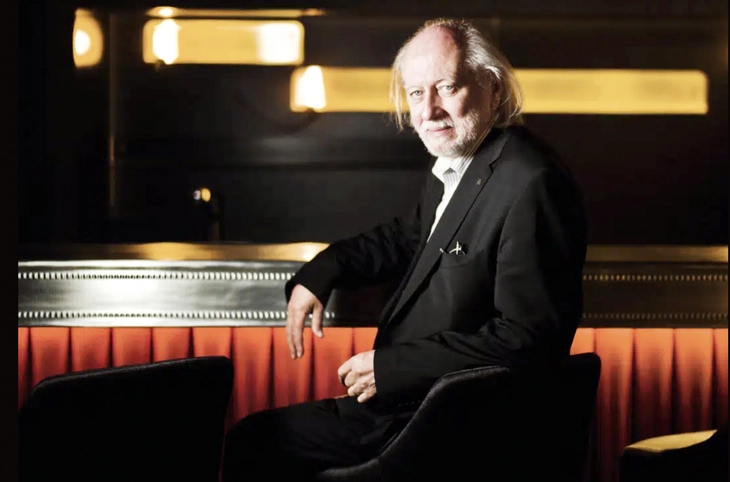
Nobel Prize in Literature 2025 author László Krasznahorkai at the piano - Photo: Jean-Luc Bertini
And despite all the turmoil happening right at his doorstep, he placed his hands on the "pure and comforting keys", playing Johann Sebastian Bach's Prelude in B minor.
He had previously suffered a crisis of faith in music, which László Krasznahorkai had always believed contained order and beauty, turning out to be an illusion, and the perfect scales of the Werckmeister music theorist ultimately trading true harmony for convenience.
Later, when fellow filmmaker Béla Tarr adapted Krasznahorkai's work into a film, he used the film's title Werckmeister Harmonies.
Mentioning Krasznahorkai's literature is mentioning the apocalypse, false prophets, trips to Japan and China, but also music.
In music, he revealed that he studied classical for 10 years, but because he hated the Viennese classical school, he rebelled against European tradition by playing in jazz bands, beat bands, and especially praised the inimitable improvisational talent of jazz pianist Theolonious Monk.
Even in the novel Seiobo járt odalent (The Queen Mother of the West descends to earth), he devoted an entire poem of nearly 7,000 words to a character's musical monologue about how the Baroque period with Monteverdi, Purcell, Bach almost reached "the dome of the seemingly endless sky, a concrete boundary of heaven" but then declined, blasphemed - he even argued that Western classical music should end at its peak right after Bach rather than trying to continue with Mozart, Beethoven or Wagner.
He was not afraid to criticize even the classics of classics: the 5th and 9th symphonies were terrifying, Faust was terrifying, Fantastique was flashy, The Magic Flute was also praised. So in literature, Krasznahorkai was also a prophet of the decline of Europe, the swamps, the stagnant garbage of Europe, even the way he wrote about the way a human corpse decomposed seemed to be alluding to a decomposition of the old continent.
Bored with Europe, where did László Krasznahorkai go? In music, Krasznahorkai learned all kinds of instruments: the Cretan lyre as a return to the peak of early European civilization, the Japanese shō flute, and the Chinese erhu. In literature, after a series of apocalyptic novels, he reached a second peak in his writing career with works on East Asia.
When he describes the feeling that the Baroque music of Bach's time creates, he also compares it to the unspeakable happiness of a Japanese Zen master practicing archery, nodding an arrow and letting it fall with all sincerity, without any pretense. Europe had lost its wisdom, its masters, and from that land that had lost its divine connection and was left with only false prophets, Krasznahorkai was forced to make a pilgrimage to the East to find a value intact, unadulterated.
So when Béla Tarr made film adaptations of Krasznahorkai’s works, he often interspersed silence with music. There were scenes devoid of sound and then there were scenes of resounding, haunting music, music that did not complement the image but, on the contrary, pulled us away from it.
For example, in Damnation (1988), the work that launched Tarr and Krasznahorkai’s collaboration, there is a scene where people in a bar form a large circle to dance to music. It is raining outside. The context is: everything is broken, people have betrayed each other, there is nothing to believe in, the end of the world is coming.
And people slowly danced one after another. The music was lively. But there was no joy. Rather, even the joy was weak. For that joy came from the awareness of the world's grayness.
People dance to welcome the end of the world. Maybe that's the rhythm of Krasznahorkai?
In a documentary about the writer's life before he won the Nobel Prize for Literature, there is a scene of him playing the piano. But he did not just play the piano. When we look at Krasznahorkai's "history" of studying music, we see that history parallels his history of writing, like two mirrors reflecting each other.
Source: https://tuoitre.vn/am-luat-cua-laszlo-krasznahorkai-20251019101049368.htm


![[Photo] Prime Minister Pham Minh Chinh meets with Speaker of the Hungarian National Assembly Kover Laszlo](https://vphoto.vietnam.vn/thumb/1200x675/vietnam/resource/IMAGE/2025/10/20/1760970413415_dsc-8111-jpg.webp)
![[Photo] Solemn opening of the 10th Session, 15th National Assembly](https://vphoto.vietnam.vn/thumb/1200x675/vietnam/resource/IMAGE/2025/10/20/1760937111622_ndo_br_1-202-jpg.webp)
![[Photo] Chairman of the Hungarian Parliament visits President Ho Chi Minh's Mausoleum](https://vphoto.vietnam.vn/thumb/1200x675/vietnam/resource/IMAGE/2025/10/20/1760941009023_ndo_br_hungary-jpg.webp)

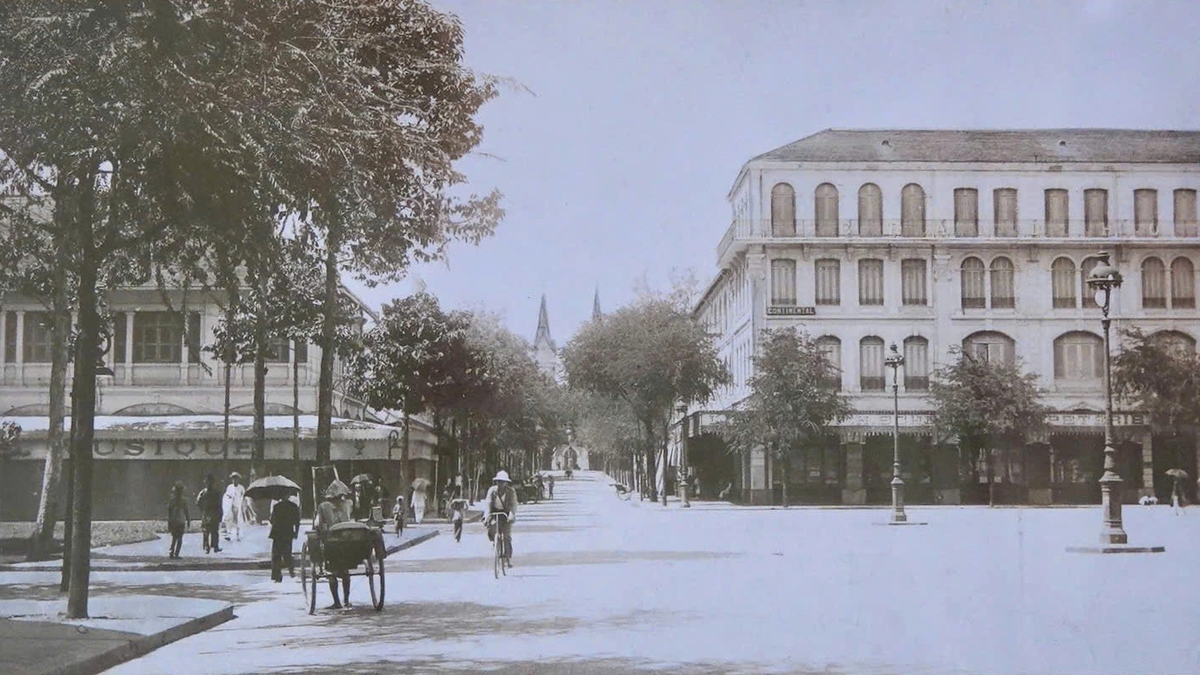
![[Photo] National Assembly Chairman Tran Thanh Man holds talks with Hungarian National Assembly Chairman Kover Laszlo](https://vphoto.vietnam.vn/thumb/1200x675/vietnam/resource/IMAGE/2025/10/20/1760952711347_ndo_br_bnd-1603-jpg.webp)





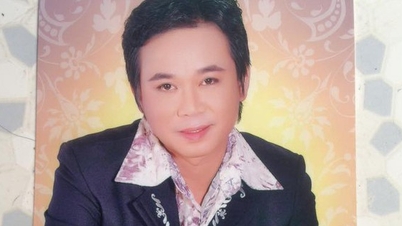











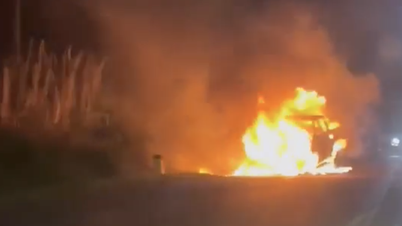


![[Photo] The Steering Committee of the 2025 Fall Fair checks the progress of the organization](https://vphoto.vietnam.vn/thumb/1200x675/vietnam/resource/IMAGE/2025/10/20/1760918203241_nam-5371-jpg.webp)


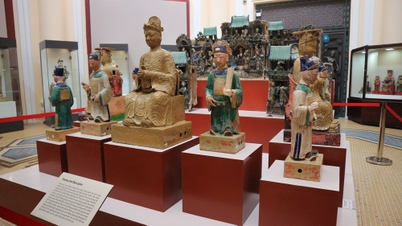
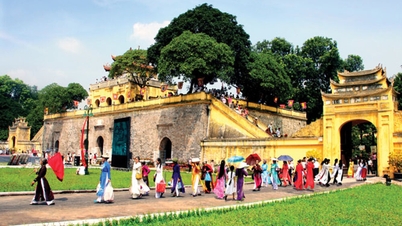

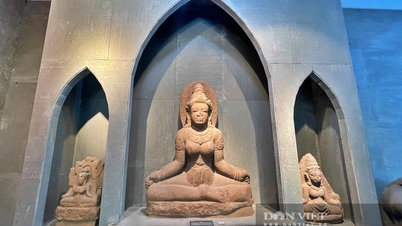

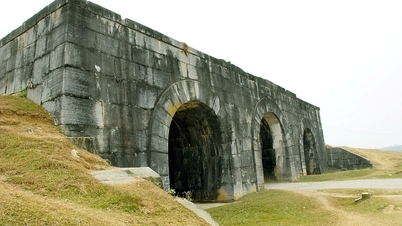
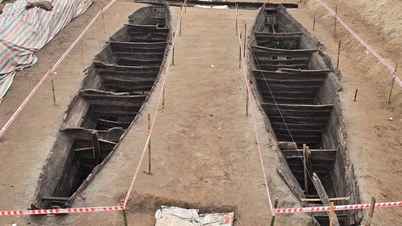







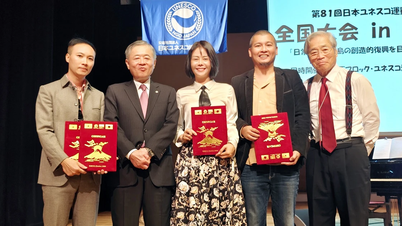

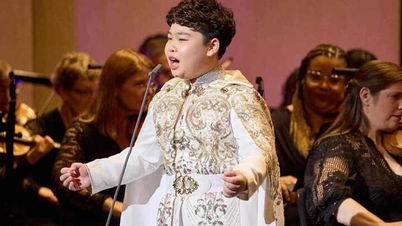
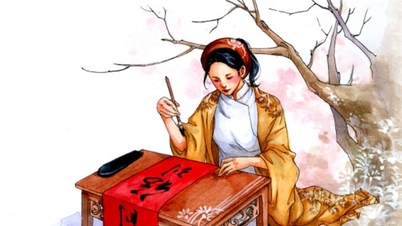



















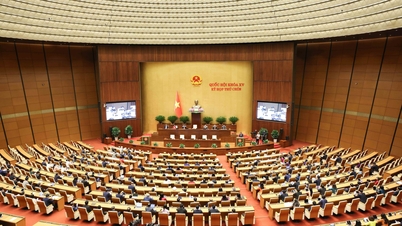





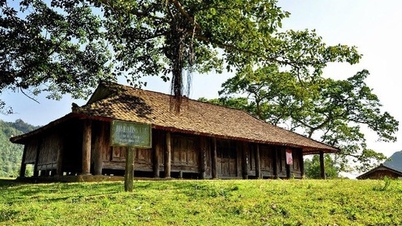

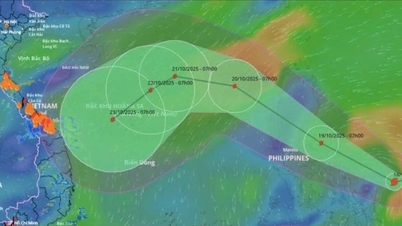






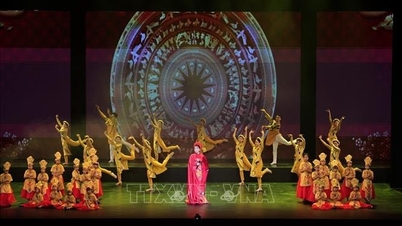
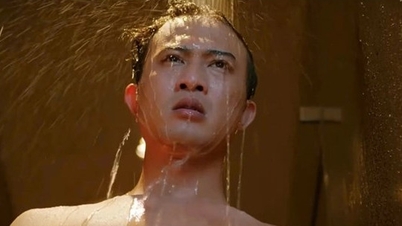
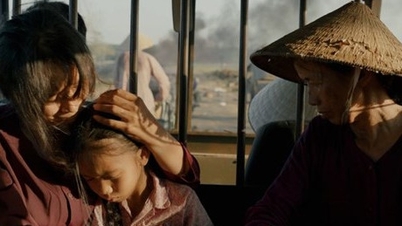
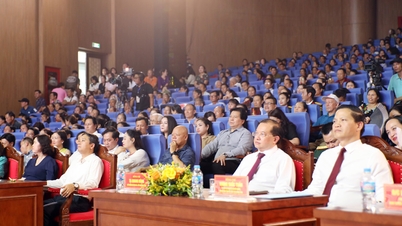

















Comment (0)